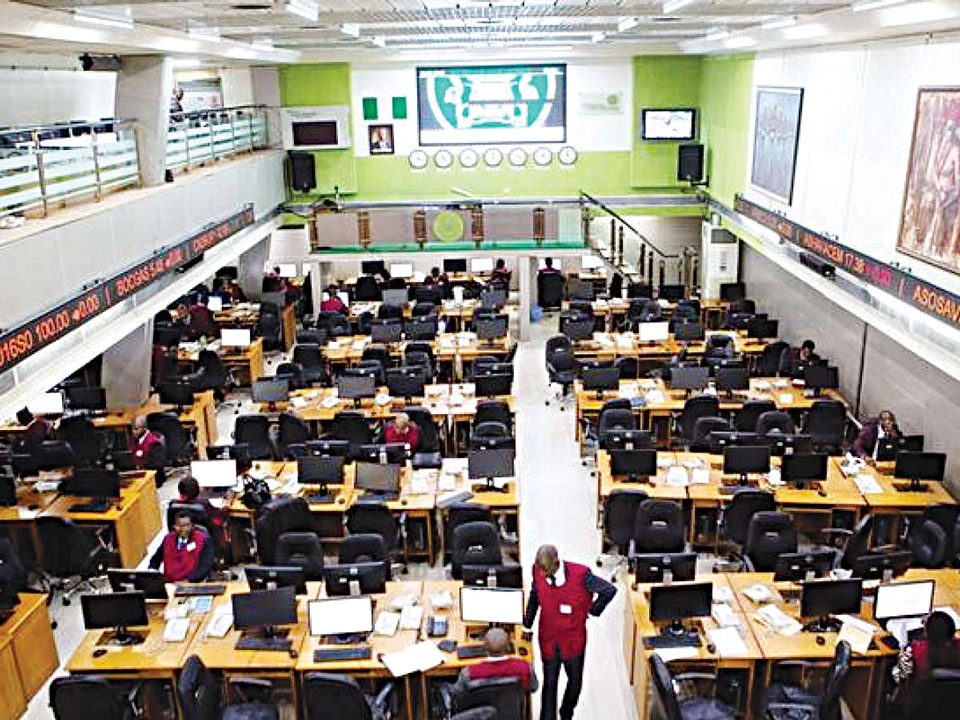Africa Update: Ghana’s borrowings from capital market to reach $16 billion by December

Nigeria Update: Equities’ investors seek review of penalties on listed firms
October 10, 2017
World News: Most Asia markets climb despite softer Wall Street close; yuan strengthens
October 10, 2017Government borrowings for the year would reach ¢72 billion by December, a release of the calendar covering the country’s borrowings through treasury bills and bonds for the last quarter of this year.
That calendar showed that government would raise almost ¢15 billion, through treasury bills and bonds in the last quarter of this year.
According to the data, ¢12.7 billion would be used as roll over for maturing debts, whiles ¢2 billion would go to government as fresh cash for its operations.
This would bring the total amount of money that government has borrowed by going this way to ¢72 billion when you add all the amounts raised in previous quarters.
Long-term Bonds to be Issued
According to the calendar, government is also working to issue a 15-year bond in November to raise some ¢1 billion and 10-year bond to raise some ¢1.5 billion.
All these according to government are aimed to extend the time in settling short-term bonds issued earlier this year by government.
The amount of money being raised in the last quarter is the lowest compared to the others in the previous quarters.
Finance Ministry on the Bonds
According to the Finance Ministry, the calendar is developed based on the Net Domestic Financing provided in the 2017 Budget and the provisional Medium Term Debt Management Strategy (MTDS) for 2017-2019.
The calendar specifies the aggregate amounts to be raised by instruments in respect of government’s Public Sector Borrowing Requirements for the period October to December 2017.
The Calendar also takes into consideration government liability management programme, market developments (both domestic and international) and the Debt Management objective of lengthening the maturity profile by reducing short-term borrowing.
The ministry added that “government plans to issue an amount of ¢14,800.00 million, of which ¢12,778.17 million is to roll over maturities and the remaining amount of ¢2,021.83 million being fresh issuance to meet government’s financing requirements”.
“We believe that the publication of the overall issuance plan for the 2017 Fourth Quarter, should meet the requirements of market participants as we work to ensures greater predictability and transparency in the domestic market” the ministry added.
Breakdown of Quarter Borrowings
Government in the first quarter of this year raised ¢17. 4 billion and ¢22.2 billion was raised in the second quarter. It also raised about ¢17.4 billion from July to September this year. In the last quarter, ¢15 billion was raised.
Impact on Public Debt
Out of the ¢72 billion to be raised, ¢9 billion are fresh cash that is supposed to help government’s own expenditure needs, while the remaining are to finance debts that are maturing.
Some analysts have argued that the fresh cash being borrowed would impact the public debt which reached ¢139 billion ending July this year.

